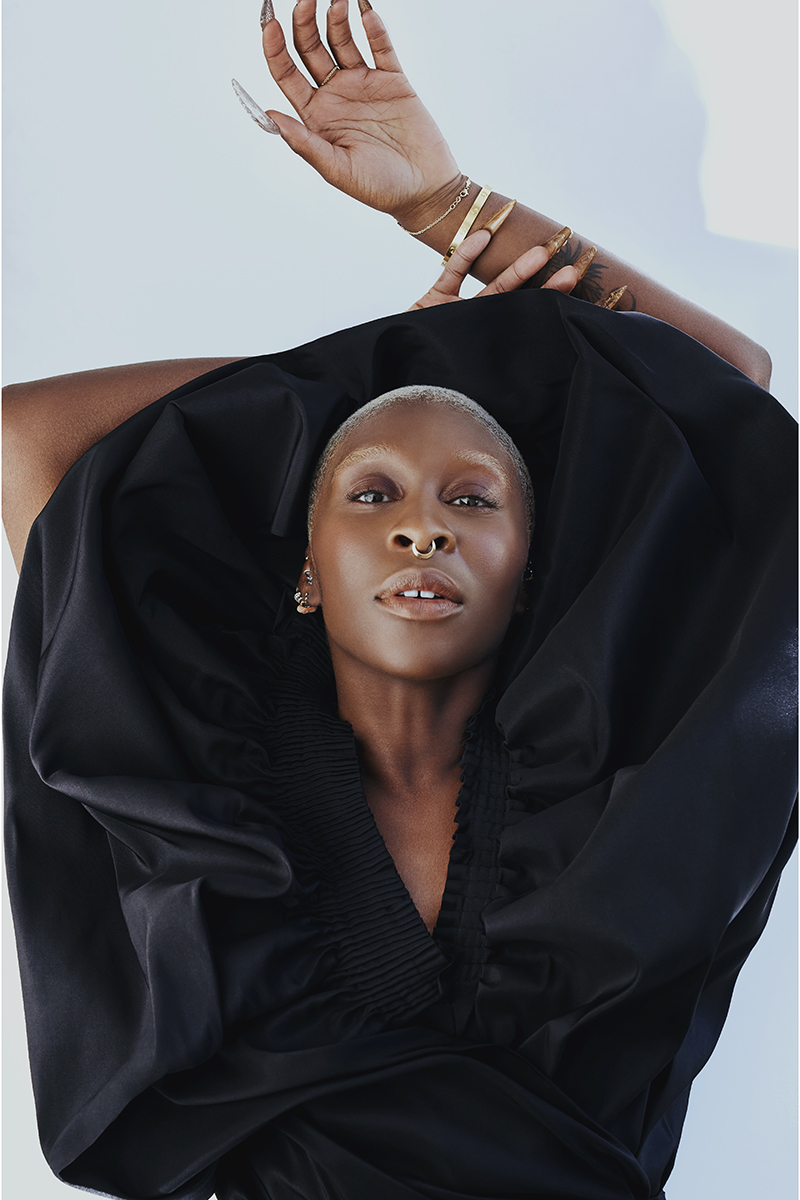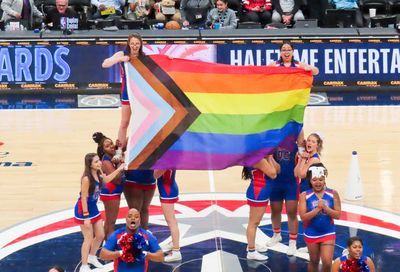WNBA All-Star Brittney Griner’s detention in Russia extended until May
One of the more prominent lesbian athletes in the United States, Griner could be imprisoned for 10 years if convicted on drug charges.

Two-time Olympian and seven-time All-Star WNBA player Brittney Griner’s detention in Russia for allegedly possessing vape cartridges containing hash oil has been extended until May 19, according to the Russian news agency TASS.
TASS reported that the Khimkinsky court of the Moscow region ruled to detain Griner for at least two more months.
Griner, a center for the Phoenix Mercury and one of the more prominent lesbian professional athletes in the United States, was arrested and detained in February after a trained K-9 unit at Moscow’s Sheremetyevo airport detected the cartridges in her luggage.
In March, the Russian Federal Customs Service released a video of a traveler who looked like Griner going through airport security, followed by footage of someone examining a package that appeared to be from a traveler’s bag. Criminal charges were subsequently brought against her for the “large-scale transportation of drugs.”
If convicted of the charges, Griner could face up to 10 years in prison.
Ekaterina Kalugina, a member of the Public Monitoring Commission, a semi-official body with access to Russian prisons, told TASS that Griner was sharing a cell with two other women with no previous convictions, adding that Griner’s only issue was that the prison beds were too short for her 6’7″ frame, according to ESPN.
Griner, like many other WNBA players, has competed in Russia during the off-season due to the chance to earn more money — potentially millions for top-level players like Griner, compared to the WNBA’s maximum base salary of $228,094 — and has played for the UMMC Ekaterinburg team for several years.
Russian leagues have generally been able to pay more either because teams are funded by government municipalities or owned by oligarchs more obsessed with winning championships than being profitable, according to The Associated Press.
But ongoing tensions between Russia and the West may further complicate Griner’s situation, with Russian authorities eager to dole out harsh punishments to detained Americans in retaliation for the United States’ denunciation of Russia’s recent invasion of Ukraine.
On January 23, the U.S. State Department issued a “do not travel” advisory for Russia, warning American citizens against traveling to the country, and urging those in it to leave “immediately” because of the “potential for harassment against U.S. citizens, the embassy’s limited ability to assist U.S. citizens in Russia, COVID-19 and related entry restrictions, terrorism, harassment by Russian government security officials, and the arbitrary enforcement of local law.”
A second “do not travel” advisory was issued on March 5, nine days after Russia’s invasion of Ukraine, with the State Department again citing the “potential for harassment against U.S. citizens by Russian government security officials.”
U.S. Secretary of State Antony Blinken has previously said that the Biden administration has assigned an embassy team to work on Griner’s case.
WNBA Commissioner Cathy Engelbert told PEOPLE magazine that she hopes the league, working in concert with Griner’s agent, the Biden administration, and foreign policy strategists, can secure Griner’s release before the start of the WNBA season in May.
“[I]t’s a huge coordination to find the best way to get her home the quickest,” Englebert said. “Our number-one priority is to get Brittney home safely as quickly as we can.”
While she rejected the notion that WNBA players opt to play overseas due to low pay, claiming the league’s collective bargaining agreement from 2020 allows top players to make up to $650,000 in total, she also said the league is “working on models that will keep more of our players in the U.S. for longer periods of time in the offseason.”
Support Metro Weekly’s Journalism
These are challenging times for news organizations. And yet it’s crucial we stay active and provide vital resources and information to both our local readers and the world. So won’t you please take a moment and consider supporting Metro Weekly with a membership? For as little as $5 a month, you can help ensure Metro Weekly magazine and MetroWeekly.com remain free, viable resources as we provide the best, most diverse, culturally-resonant LGBTQ coverage in both the D.C. region and around the world. Memberships come with exclusive perks and discounts, your own personal digital delivery of each week’s magazine (and an archive), access to our Member's Lounge when it launches this fall, and exclusive members-only items like Metro Weekly Membership Mugs and Tote Bags! Check out all our membership levels here and please join us today!



























You must be logged in to post a comment.